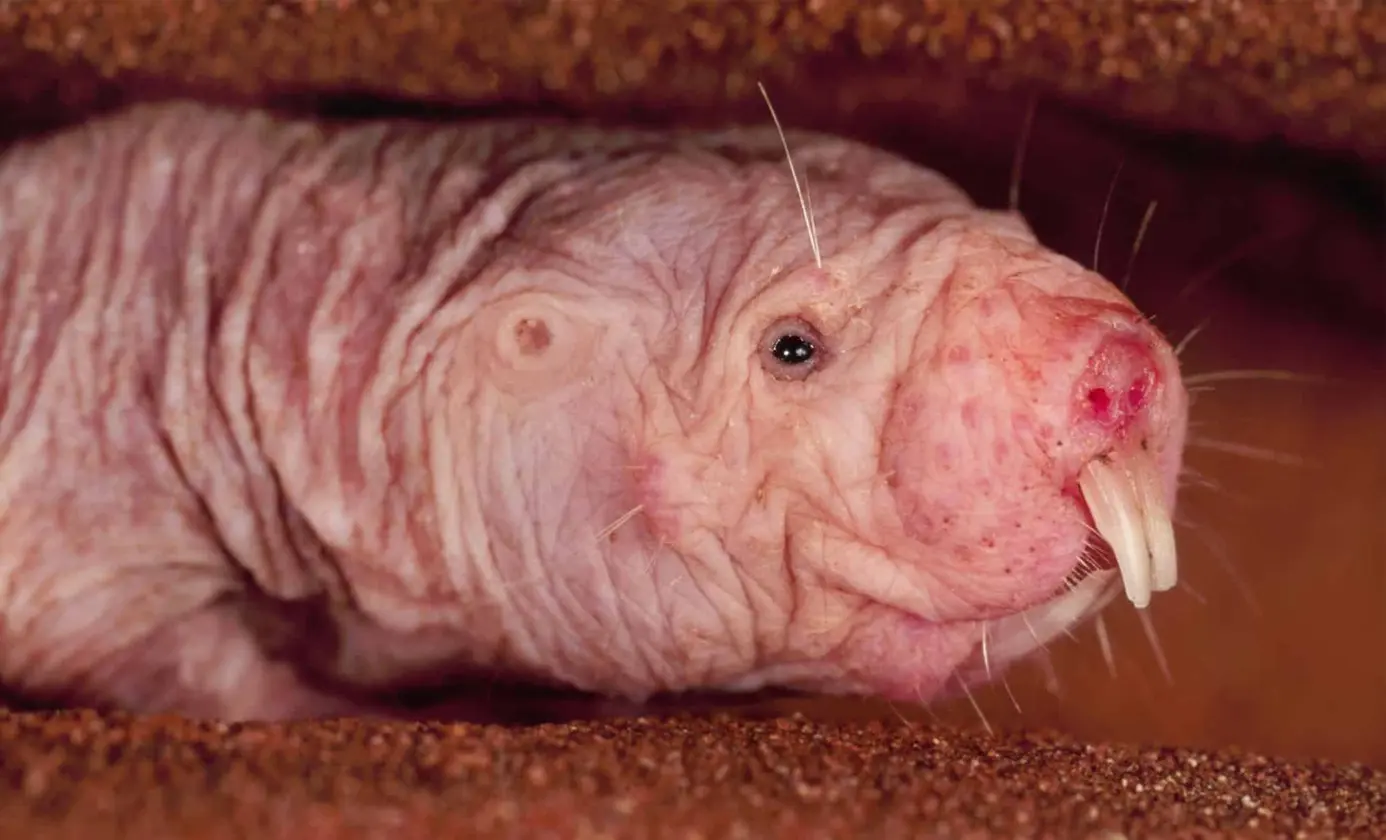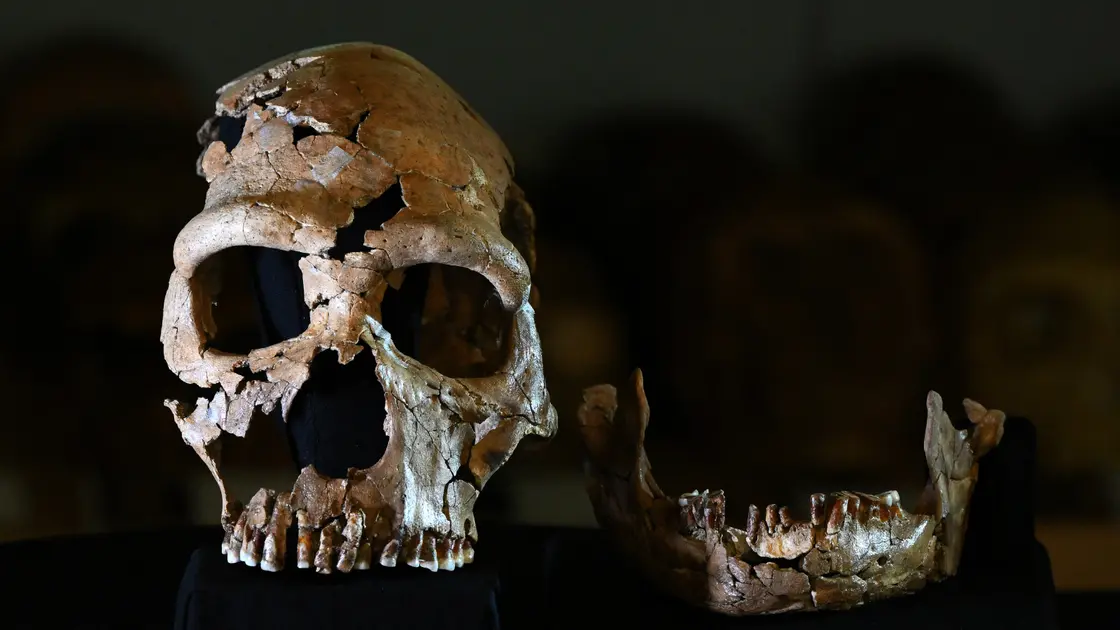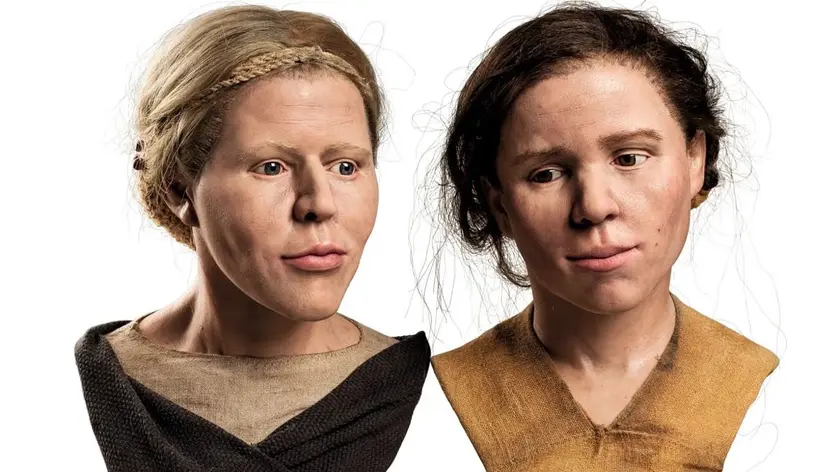T4K3.news
Research Suggests Humans Might Live to 1,000
A British scientist proposes a genetic key to extend human lifespan dramatically.

A researcher argues that by understanding our genetic history, we could greatly extend human lifespan.
Scientists Explore How Humans Could Live for 1,000 Years
João Pedro de Magalhães, a molecular biogerontologist at the University of Birmingham, claims that humans could live up to 1,000 years if we understand and address a genetic legacy that has shaped our biology since the Age of Dinosaurs. His paper discusses the "longevity bottleneck" hypothesis, suggesting that early mammals evolved to age faster due to survival pressures from dinosaurs. This adaptation may have resulted in the loss of crucial DNA repair mechanisms, particularly those protecting against ultraviolet damage. De Magalhães highlights examples from nature, such as bowhead whales and naked mole rats, which exhibit remarkable longevity and resistance to aging diseases. He believes that studying these species could lead to breakthroughs in anti-aging therapies, likening the future approach to aging treatment to how we now manage diseases.
Key Takeaways
"Some of the earliest mammals were forced to live towards the bottom of the food chain."
This highlights how survival pressures shaped our biological clock.
"We must learn to repair DNA and reprogram cells for a radically different aging process."
This captures the essence of de Magalhães's vision for extending human life.
"I’m optimistic. We’ll develop medications similar to statins that people take daily."
This reflects the hopeful outlook for future aging therapies.
"Even a modest slowdown in the aging process could have a major impact on public health."
This statement emphasizes the significance of small improvements in longevity.
This theory by de Magalhães challenges prevailing beliefs about human longevity and opens up new avenues for research in aging. If his ideas hold truth, they could revolutionize how we view aging—not as an inevitable decline but as a condition similar to diseases once considered untreatable. The comparison to historical medical advancements, such as the introduction of antibiotics, presents a compelling vision of a future where aging may be managed through new therapies. The promise of enhanced longevity raises ethical and practical considerations on how society would adapt to much longer life spans and what that means for healthcare and resources.
Highlights
- Imagine living for a millennium and seeing history unfold over centuries.
- Could understanding our genetics unlock the secret to eternal youth?
- What if aging is a disease we can learn to manage?
- The future of aging therapy may resemble treating routine illnesses.
Potential Ethical Concerns in Longevity Research
The pursuit of significantly extending human lifespan raises ethical questions about overpopulation, healthcare resources, and societal adaptations.
As researchers continue to explore the genetic foundations of aging, society must prepare for the implications of radically longer lives.
Enjoyed this? Let your friends know!
Related News

Scientists reveal traits of Neanderthal and Homo sapiens hybrids

New studies explore sunlight benefits for health

Research links Neanderthal genes to brain condition

New findings reveal risks of Yellowstone supervolcano eruption

Faces of ancient sisters revealed in new study

Innovative Uses of Cadavers Explored

Ancient DNA connects modern Europeans to Siberians

Longevity reshapes the federal budget reality
